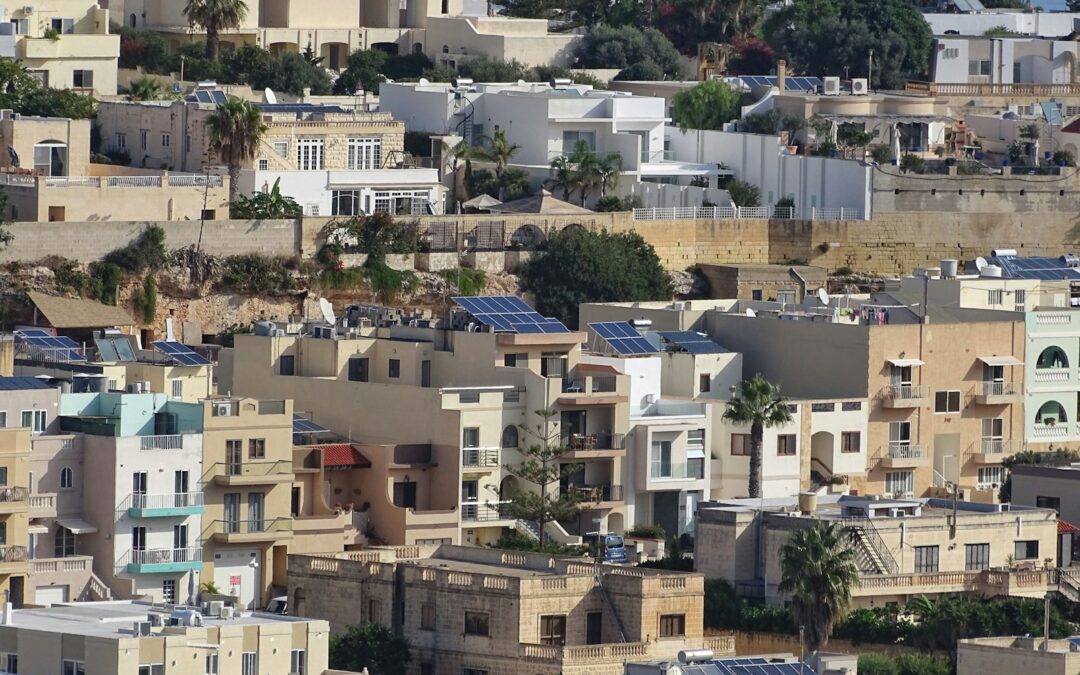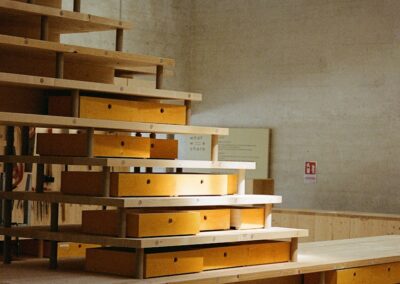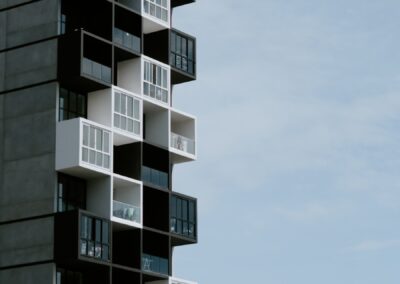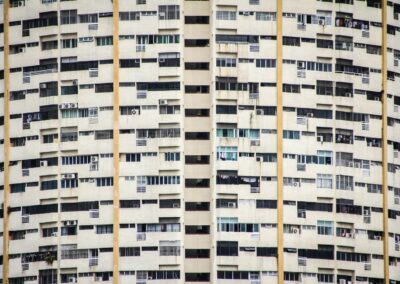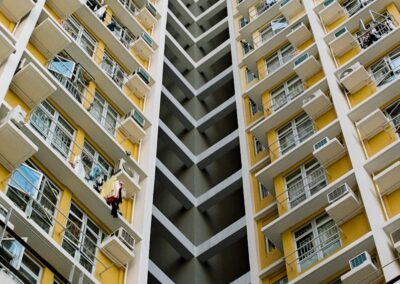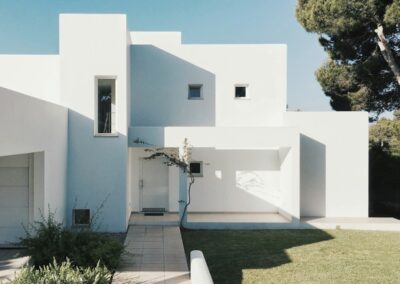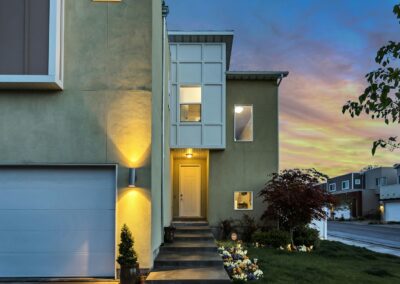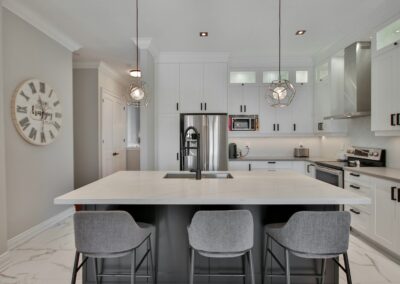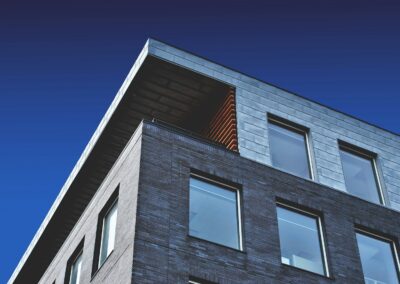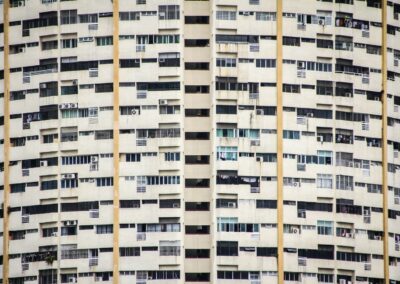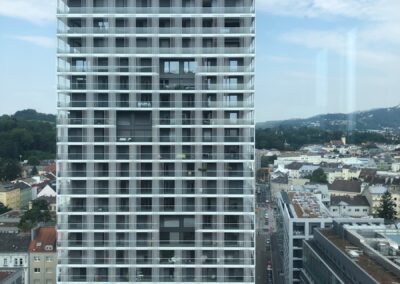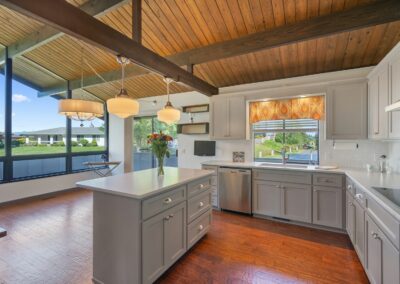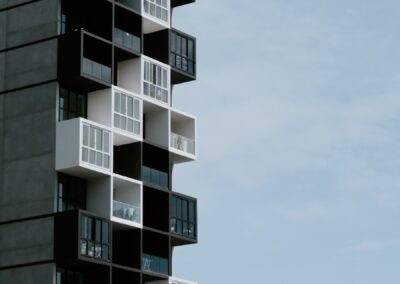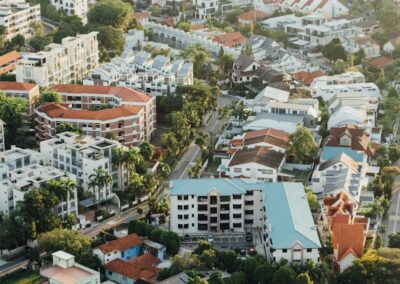Exploring the Advantages of Modular Housing in Transitional Living Situations
Understanding the Benefits of Modular Housing for Transitional Living
The benefits of modular housing for transitional living are increasingly recognized in today’s dynamic urban environments. This innovative approach to construction involves prefabricating building sections in a factory setting and then assembling them on-site. This method offers significant advantages, particularly in rapidly growing regions like Saudi Arabia and the UAE, where there is a constant demand for efficient and flexible housing solutions.
One of the primary benefits of modular housing is its speed of construction. Traditional building methods can be time-consuming, but modular construction significantly reduces the time required to create functional living spaces. This is especially crucial in emergency situations where quick deployment of shelters is necessary. In cities like Riyadh and Dubai, where space and time are at a premium, modular housing can provide a swift response to housing crises, ensuring that temporary shelters are available when needed.
Another advantage is the cost-effectiveness of modular housing. By streamlining the construction process and minimizing waste, modular housing can be more affordable than traditional building methods. This makes it an attractive option for student housing and other temporary accommodations where budget constraints are a concern. In addition, the controlled factory environment allows for better quality control and less disruption on the construction site, leading to higher overall building standards.
Innovative Solutions for Student Housing and Emergency Shelters
Modular housing presents innovative solutions for student housing, offering flexibility and scalability that traditional construction methods often lack. Universities in Riyadh and Dubai are exploring modular designs to address the fluctuating demand for student accommodations. These prefabricated units can be quickly assembled, disassembled, and relocated as needed, making them ideal for campuses with varying student populations.
Emergency shelters are another area where modular housing shines. In the wake of natural disasters or other emergencies, the need for rapid deployment of safe, secure housing is paramount. Modular units can be transported and erected quickly, providing immediate relief to displaced individuals. In regions like Saudi Arabia and the UAE, which may face challenges such as extreme weather conditions, modular housing offers a resilient and adaptable solution.
Moreover, the versatility of modular housing allows for customization to meet specific needs. For instance, modular units can be designed with energy-efficient features and sustainable materials, reducing their environmental impact. In Dubai, where sustainability is a key focus of urban development, incorporating green technologies into modular housing aligns with the city’s broader goals of reducing its carbon footprint and promoting eco-friendly living.
The Economic and Social Impact of Modular Housing
Economic Benefits of Modular Housing
The economic benefits of modular housing extend beyond the initial cost savings. By reducing construction time, modular housing minimizes the financial burden associated with prolonged building projects. This allows investors and developers to see quicker returns on their investments. In the competitive real estate markets of Riyadh and Dubai, where rapid development is essential, modular housing provides a cost-effective solution that meets market demands.
Furthermore, modular housing supports local economies by creating jobs in manufacturing and construction. The demand for prefabricated units drives growth in the manufacturing sector, while on-site assembly requires skilled labor, contributing to employment opportunities. This economic boost can be particularly beneficial in regions like Saudi Arabia and the UAE, where diversifying the economy and creating sustainable job opportunities are top priorities.
From a business perspective, modular housing offers a scalable and adaptable approach to real estate development. Developers can start with a small number of units and expand as needed, reducing financial risk and allowing for more strategic planning. This flexibility is especially valuable in transitional living situations, such as student housing or emergency shelters, where demand can fluctuate significantly.
Social and Environmental Impact of Modular Housing
Socially, modular housing can play a crucial role in addressing housing shortages and providing safe, secure living environments. For students, having access to quality housing can enhance their academic experience and overall well-being. In Riyadh and Dubai, modular housing projects are helping to meet the growing demand for student accommodations, ensuring that students have a comfortable place to live while pursuing their education.
In emergency situations, modular housing provides a quick and effective solution for displaced individuals, offering a sense of stability and security during times of crisis. The ability to rapidly deploy shelters can make a significant difference in the aftermath of natural disasters, helping communities recover and rebuild more quickly. This resilience is vital in regions prone to extreme weather events or other emergencies.
Environmentally, modular housing supports sustainable building practices by reducing waste and utilizing energy-efficient materials. The controlled factory environment allows for precise measurements and minimal material wastage, contributing to more sustainable construction processes. In Dubai, where sustainability is a central focus of urban development, modular housing aligns with the city’s goals of promoting green building practices and reducing environmental impact.
Conclusion: The Future of Modular Housing
The benefits of modular housing for transitional living are clear, offering a modern, efficient, and adaptable solution to housing challenges. In rapidly developing regions like Saudi Arabia and the UAE, cities such as Riyadh and Dubai are leading the way in adopting modular construction techniques, setting an example for others to follow. As technology advances and sustainable building practices become more prevalent, the potential for modular housing will only continue to grow.
By embracing modular housing, developers and policymakers can create flexible, cost-effective, and environmentally friendly housing solutions that meet the needs of diverse populations. Whether for student housing, emergency shelters, or other transitional living situations, modular housing provides a viable path forward, ensuring that quality housing is available to those who need it most. The future of housing is modular, promising a harmonious balance between innovation, sustainability, and economic viability.
—
#ModularHousing #TransitionalLiving #StudentHousing #EmergencyShelters #UAE #SaudiArabia #Riyadh #Dubai #ModernTechnology #BusinessSuccess #LeadershipSkills #ProjectManagement

